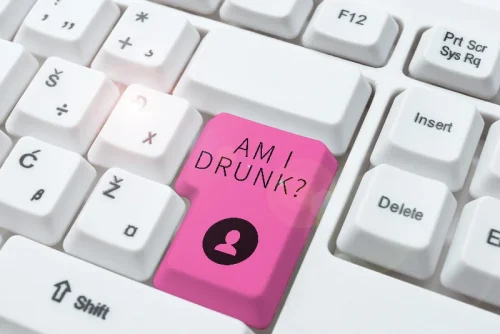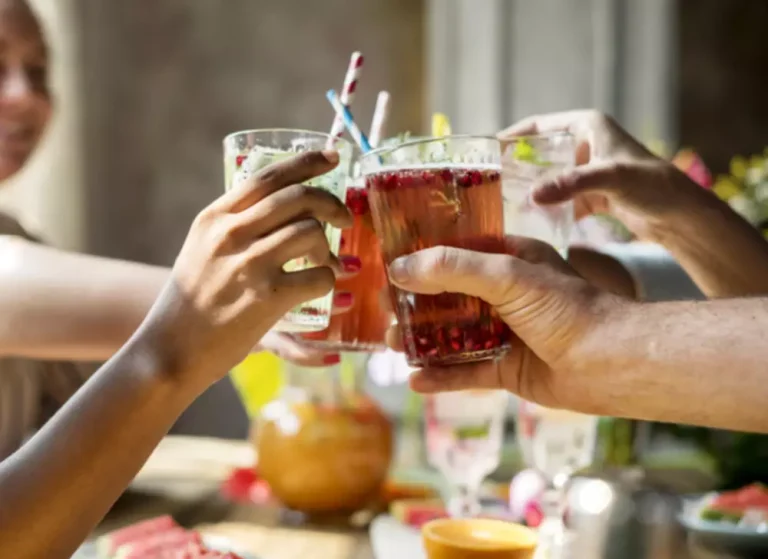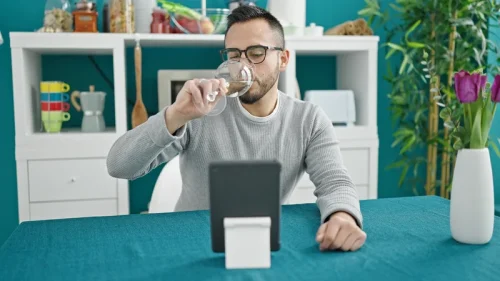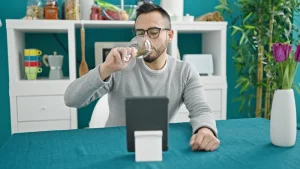
Don’t stop taking an antidepressant or other medication just so that you can drink. Most antidepressants require taking a consistent, daily dose to maintain a constant level in your system and work as intended. Stopping and starting your medications can make your depression worse. PsychiatryOnline subscription options offer access to the DSM-5-TR® library, books, journals, CME, and patient resources.
Health effects of seasonal changes

Older adults metabolize alcohol faster, so if you’re in this age group, limit yourself to one alcoholic beverage per day. Ask your doctor if moderate alcohol consumption is suitable for you. Occasionally unwinding with alcohol isn’t necessarily dangerous if your doctor approves. But once you start drinking, you can build a tolerance to the de-stressing effects of alcohol.
How Alcohol Impacts the Brain
One reason is that it makes you psychologically dependent on alcohol. Naltrexone, Acamprosate, and disulfiram are also FDA-approved medications that can help curb alcohol cravings. Cognitive behavioral therapy can also be used to treat co-occurring AUD and MDD, by improving your emotional regulation, changing your cognitive behaviors, and helping you develop personal coping strategies. “Cells are living beings, and if you want to fix the issue of depression at the level of the cells, they cannot be inebriated,” says Taylor. “Alcohol makes us feel drunk and confused because alcohol makes the cells drunk and nonfunctional.” Because of this shared connection, treatment for both should include a diet to improve gut function and reduce endotoxin load that contributes to neuroinflammation.
Conditions

Drinking alcohol causes the pancreas to produce toxic substances. This can result in pancreatitis (inflammation and swelling of the pancreas). CBT can teach you ways to modify your thoughts and behavior to feel better and help you avoid misusing alcohol. Treating one of these conditions may improve symptoms for both. However, for the best results, your doctor will likely treat them together.
About 20 percent of people with social anxiety disorder also suffer from alcohol dependence. There’s also a strong link between serious alcohol use and depression. If you have a mental disorder, like depression, schizophrenia, anxiety, or bipolar disorder, it’s common to have trouble with substances including alcohol. These diseases disrupt liver function, severely damaging the body over time.
- Research shows that people with alcoholism find it difficult to recover from traumatic events.
- Taking action to manage negative emotions as you experience them can help keep them from getting too overwhelming.
- You don’t have to battle the depression alone and relying on alcohol to make you feel better will only cause further pain.
- Alcohol withdrawal can cause depressive symptoms, but the right support can help you feel better.
Drinkchat
If you take medication for anxiety, or you take anti-inflammatory drugs or narcotics, drinking can cause problems with anxiety. You can become agitated and jittery because your body is busy processing the alcohol, which neutralizes the effect of these medications. Alcohol is a natural disinhibitor — meaning it can cause you to make choices you may not make while sober. This is why some people can wake up feeling embarrassed about things they said or did.
Health Benefits of Cutting Down or Quitting Alcohol

After sparking the good chemicals, the brain has to make up for it and ends up increasing the production of feel-bad chemicals to compensate. “Part of it is hormonal because cortisol is activated and can trigger some of these neurochemical cascades as well,” he says. Humans have a circadian rhythm that is directly impacted by light. When the seasons change, it can take time for the body to adjust. In addition, circadian misalignment may cause changes in sleep, cognition, mood, metabolism, immune health, cardiac function, and muscle strength.
Seek help from a mental health professional if you have anxiety. If you think you have a problem with alcohol, seek help from your doctor right away. Long-term heavy drinkers may be predisposed to developing an anxiety disorder. However, there is no evidence that moderate drinking will cause anxiety.
Tips to adjust to a new wake-up time
- This increases vulnerability to mental health conditions like depression and anxiety.
- BetterHelp can connect you to an addiction and mental health counselor.
Major depression and alcohol use disorder are also co-dependent in women, research suggests. Women with depression are also more likely to engage in binge drinking. However, the flip side is that people who frequently use alcohol are more likely to also be depressed. Drinking a lot may worsen these feelings, which may actually drive further drinking. If you drink regularly to manage depression symptoms, it does drinking make your depression worse may have be beneficial to work with a therapist who specializes in treating co-occurring depression and alcohol use.
